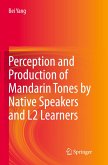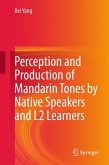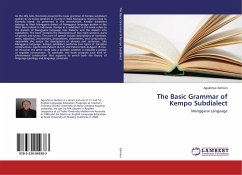Tone is a central element in the analysis of tone languages, an example of which is Igala, a New Benue-Congo language of Nigeria. Igala has high, mid and low basic tones lexically, as well as the downstepped and the extra high tone operational in the syntax. Whereas independent words are fully toned lexically, tone is assigned to clitics only in syntactic positions, to express functional sentence positions; for tense, aspect, mood and negation marking on subject clitics; and to specify the semantic role of particularly non-pronominal enclitics in Igala. Tone assignment also dominates functional distinction of sentences. And, adjacent words in Igala portray interesting patterns of tonal modification. There is further a rich demonstration of changes in quality and behaviour of Igala tones, particularly the basic lexical tones, in the environment where tone bearing units are juxtaposed for the formation of new words and for phrasal expressions, this small but highly significant element playing the role of an arbiter in the judgment of word formation versus mere juxtaposition of words in Igala. It thus appears that no adequate description of Igala is possible without recourse to tone







